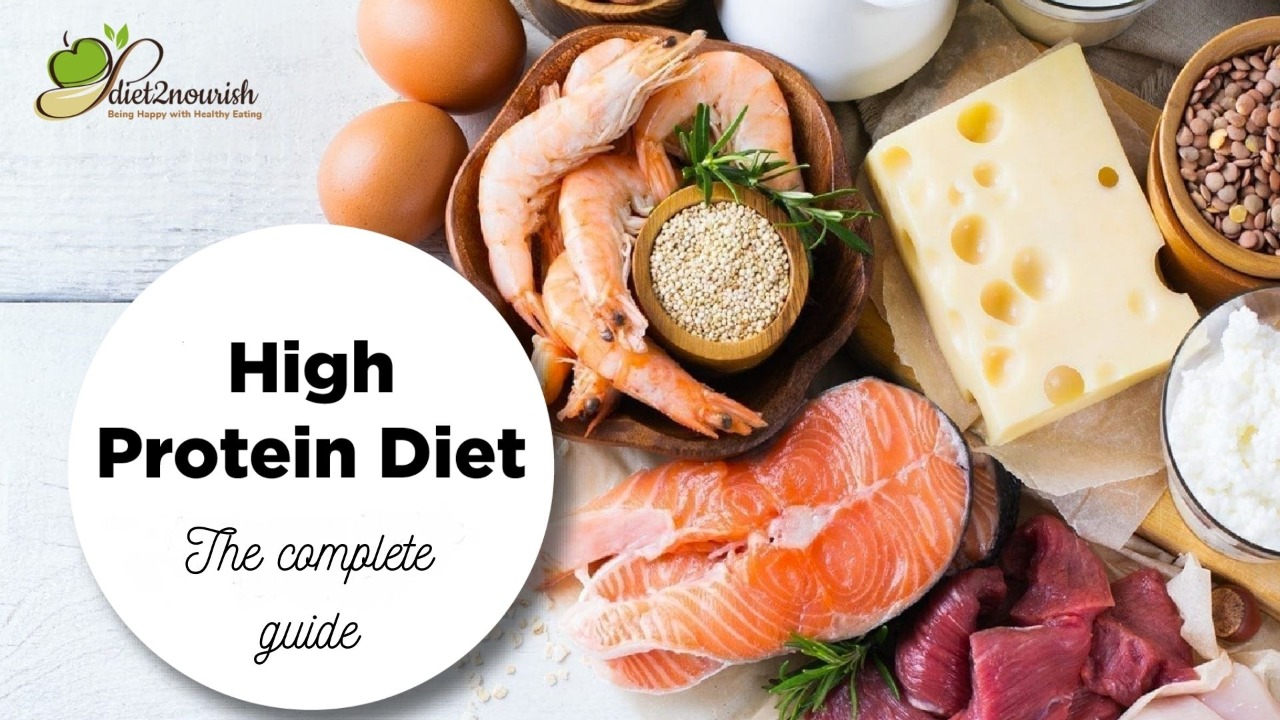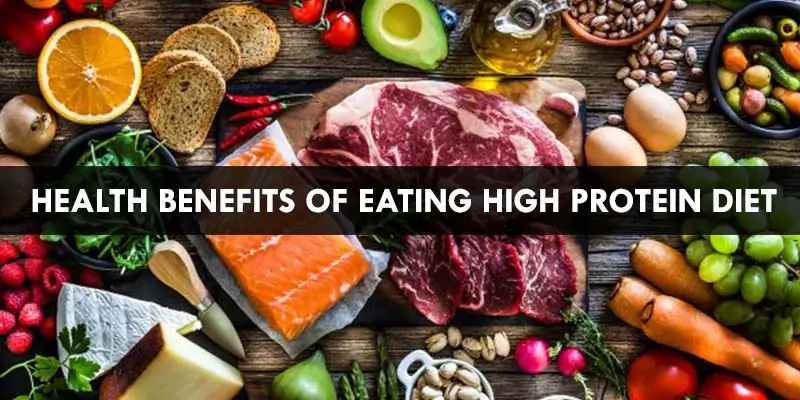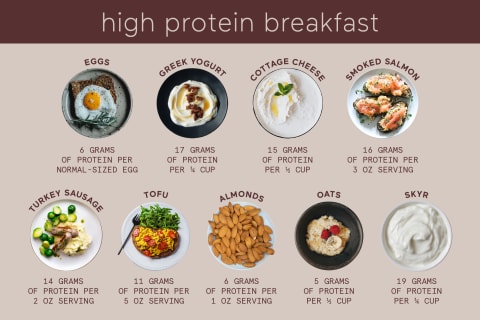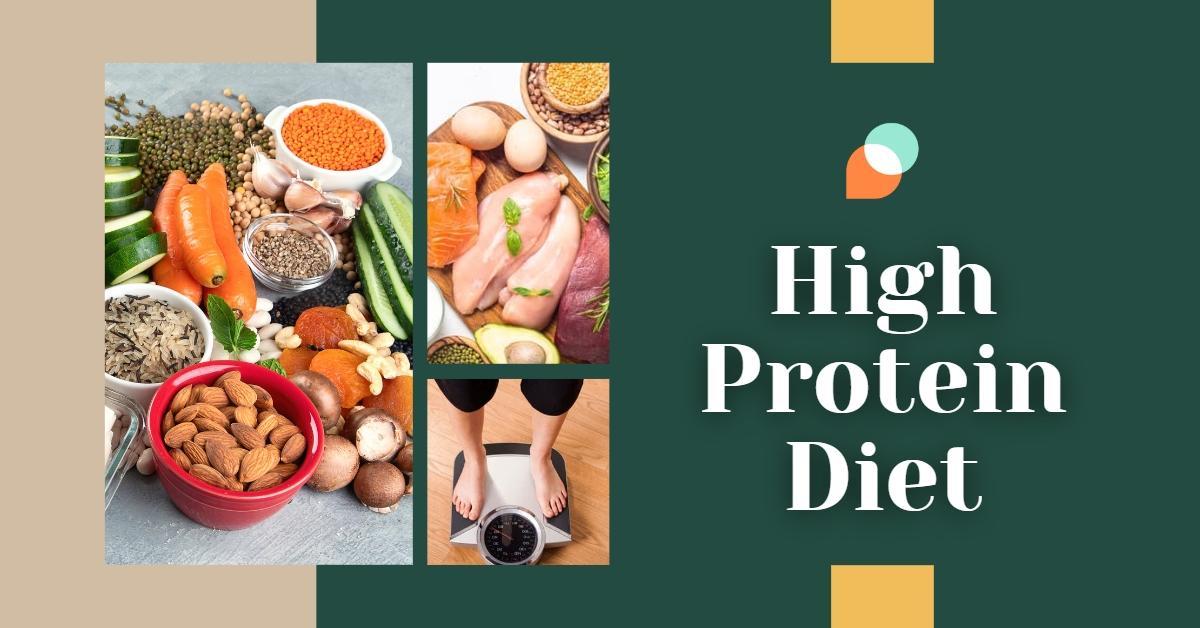Unlocking the Power of High Protein Diet Plans
In today’s fast-paced world, maintaining a healthy lifestyle is of paramount importance. One of the key components of a healthy lifestyle is a well-balanced diet. High protein diet plans have gained immense popularity in recent years, and for good reason. They offer a multitude of benefits, from aiding in weight management to promoting muscle growth and overall well-being. In this comprehensive guide, we will delve into the world of high protein diet plans, exploring the benefits, key considerations, and providing you with practical tips to embark on your journey towards a healthier you.

Table of Contents
- Introduction: Understanding the High Protein Diet
- The Benefits of High Protein Diet Plans
- 2.1 Weight Management
- 2.2 Muscle Growth and Repair
- 2.3 Enhanced Metabolism
- Key Components of a High Protein Diet
- 3.1 Lean Protein Sources
- 3.2 Carbohydrate Management
- 3.3 Healthy Fats
- Building Your High Protein Meal Plan
- 4.1 Breakfast Ideas
- 4.2 Lunch Options
- 4.3 Dinner Delights
- 4.4 Snack Time Solutions
- Transitioning to a High Protein Diet
- 5.1 Gradual Changes
- 5.2 Hydration
- 5.3 Monitoring Progress
- Common Myths and Misconceptions
- Potential Drawbacks of High Protein Diets
- Who Should Consider a High Protein Diet
- High Protein Diet and Exercise
- 9.1 Pre-Workout Fuel
- 9.2 Post-Workout Recovery
- Maintaining Balance: High Protein Diet Tips
- 10.1 Meal Planning
- 10.2 Variety is Key
- High Protein Diet and Specific Goals
- 11.1 Weight Loss
- 11.2 Muscle Building
- 11.3 Vegetarian and Vegan Options
- Safety Precautions
- Conclusion: Your Journey Towards a Healthier You
- Frequently Asked Questions (FAQs)
Now, let’s dive into the details of each section.
1. Introduction: Understanding the High Protein Diet Plan

A “high protein diet plan,” is a nutritional approach that emphasizes the consumption of protein-rich foods while moderating carbohydrate and fat intake. This dietary strategy has gained popularity due to its potential benefits for weight management, muscle growth, and overall health.
2. The Benefits of High Protein Diet Plans

2.1 Weight Management

One of the primary reasons individuals opt for a high protein diet is its effectiveness in weight management. Proteins are known to induce a feeling of fullness, reducing overall calorie intake. This can be particularly beneficial for those looking to shed excess pounds.
read more about Exploring the Wonders of a Fiber-Rich Diet
2.2 Muscle Growth and Repair

Proteins are the building blocks of muscles. High protein diets provide the necessary amino acids for muscle repair and growth, making them a favorite among fitness enthusiasts.
2.3 Enhanced Metabolism

Protein consumption increases the thermic effect of food (TEF), which means your body burns more calories during digestion. This can contribute to a faster metabolism, aiding in weight control.
3. Key Components of a High Protein Diet
3.1 Lean Protein Sources

Lean protein sources like chicken, turkey, fish, tofu, and legumes should constitute a significant part of your high protein diet. These options are not only rich in protein but also low in saturated fats.
3.2 Carbohydrate Management

While carbohydrates are essential, a high protein diet often involves moderating carb intake. Opt for complex carbohydrates like whole grains and vegetables to complement your protein sources.
3.3 Healthy Fats

Incorporate healthy fats from sources such as avocados, nuts, and olive oil. These fats provide essential nutrients and can enhance the flavor of your meals.
4. Building Your High Protein Meal Plan
4.1 Breakfast Ideas

Start your day with protein-rich options like scrambled eggs with spinach or Greek yogurt with berries. These choices provide sustained energy throughout the morning.
4.2 Lunch Options
For lunch, consider grilled chicken or tofu salads with plenty of vegetables. This keeps you full and provides essential nutrients.
4.3 Dinner Delights

Salmon with quinoa and steamed broccoli is a delicious and nutritious dinner option. It’s high in protein and essential nutrients.
4.4 Snack Time Solutions

Opt for protein-rich snacks like almonds, cottage cheese, or protein bars to keep hunger at bay between meals.
5. Transitioning to a High Protein Diet
5.1 Gradual Changes
Transitioning to a high protein diet is best done gradually to allow your body to adapt. Start by increasing protein intake at one meal and gradually expand from there.
5.2 Hydration
Ensure you stay hydrated as increased protein intake can be dehydrating. Drink plenty of water throughout the day.
5.3 Monitoring Progress
Keep track of your progress by noting changes in weight, energy levels, and overall well-being. Adjust your diet as needed.
This article provides you with a comprehensive guide to understanding and implementing a high protein diet. Whether your goal is weight management, muscle growth, or improved overall health, a high protein diet can be a valuable tool on your journey to a healthier lifestyle.
Incorporate the principles discussed here into your daily life, and you’ll be well on your way to achieving your health and fitness goals.
Frequently Asked Questions (FAQs)
Q1: Is a high protein diet suitable for everyone?
A1: While high protein diets can benefit many individuals, it’s essential to consult with a healthcare professional before making significant dietary changes, especially if you have underlying health conditions.
Q2: Can I get enough protein on a vegetarian or vegan high protein diet?
A2: Yes, plant-based sources like tofu, legumes, and tempeh can provide ample protein for vegetarians and vegans.
Q3: How soon can I expect to see results on a high protein diet?
A3: Results can vary depending on individual factors, but many people notice changes in energy levels and weight within a few weeks of following a high protein diet.
Q4: Are there any potential side effects of a high protein diet?
A4: Excessive protein intake can strain the kidneys and lead to dehydration, so it’s crucial to consume an appropriate amount of protein and stay well-hydrated.
Q5: Can I combine a high protein diet with exercise for better results?
A5: Absolutely! Combining a high protein diet with regular exercise can enhance muscle growth, weight loss, and overall fitness.
In conclusion, a high protein diet can be a game-changer for those looking to improve their health and fitness. By following the guidelines provided in this article and consulting with a healthcare professional, you can embark on a journey towards a healthier, happier you.









 Viesearch - The Human-curated Search Engine
Viesearch - The Human-curated Search Engine
